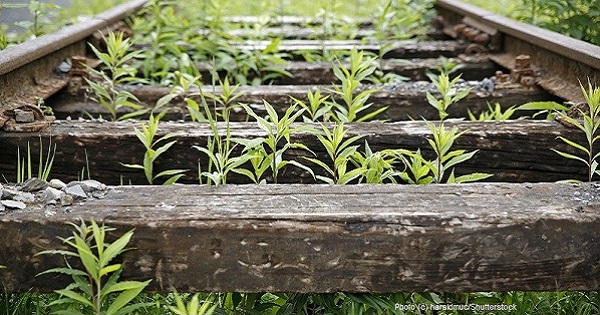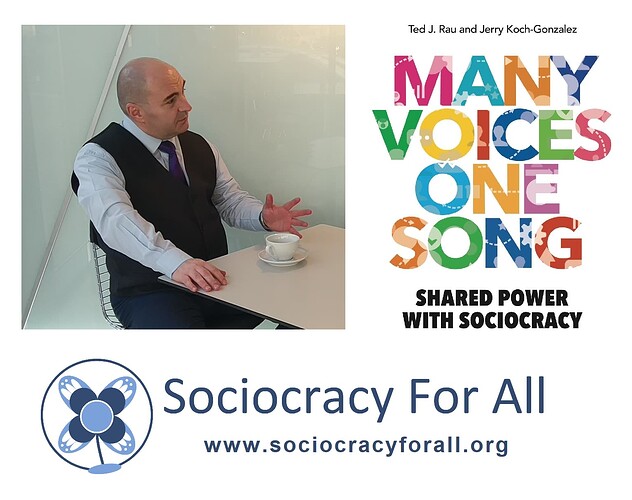
A sustainable and a restorative economy?
Both a sustainable economy and a restorative economy are important goals to strive for.
A sustainable economy focuses on maintaining the health and well-being of the planet and its inhabitants over the long term. This includes creating systems of production and consumption that are environmentally and socially responsible, minimizing waste and pollution, and preserving natural resources for future generations.
On the other hand, a restorative economy goes beyond sustainability by actively working to restore the damage that has already been done to the planet and its inhabitants. This includes repairing ecosystems that have been damaged by human activity, addressing the root causes of social and economic inequality, and prioritizing the needs of marginalized communities.
In many ways, a restorative economy is the next logical step beyond sustainability. While sustainability is a necessary starting point, it is not enough to simply maintain the status quo. Instead, we need to actively work to address the damage that has already been done and create a more just and equitable society for all.
Therefore, it is important to strive towards both a sustainable and a restorative economy. We need to create systems that are environmentally and socially responsible, while also actively working to restore the damage that has been done and ensure that everyone has access to the resources and opportunities they need to thrive.
Sociocracy for a restaurative economy:
Sociocracy is a governance model that focuses on shared decision-making, transparency, and collaboration. It is often used in organizations, communities, and businesses to create more equitable and democratic systems. When applied to a restorative economy, sociocracy can help to ensure that all stakeholders are included in the decision-making process and that resources are distributed fairly.
In a restaurative economy, the focus is on restoring the health and well-being of the planet and its inhabitants. This includes creating sustainable systems of production and consumption, reducing waste and pollution, and prioritizing the needs of marginalized communities. Sociocracy can help to achieve these goals by promoting inclusivity, accountability, and collaboration.
In a sociocratic system, decisions are made through a process of consent. This means that all stakeholders have a say in the decision-making process and that decisions are only made if they do not cause harm to anyone. This process can help to ensure that decisions are made with the well-being of all stakeholders in mind, including the environment.
Sociocracy also promotes transparency and accountability. All decisions are documented and made available to all stakeholders, and there is a clear system of feedback and evaluation. This can help to ensure that the restorative economy is functioning in a way that is fair and equitable for all.
Overall, sociocracy can be a powerful tool for creating a restorative economy. By promoting collaboration, inclusivity, and accountability, it can help to ensure that all stakeholders are included in the decision-making process and that resources are distributed fairly. This can ultimately lead to a more sustainable and just future for all.
To discover more “in depth” insights about “How to use sociocracy for a sustainable and a restorative economy?”, I invite you to use this Sociocracy Manual:
I guess it is a good idea to combine theory with practice so I invite you to be present and to participate in our:

In the Community of Practice for Facilitators (CoP-F) no one teaches anyone, but we all learn from each other by practicing and sharing real life experiences.
We welcome your presence and contribution. It will enrich all of our sociocracy knowledge.
Next meeting is scheduled for May 8th, 2023, from 14:00 UTC (CoP-F East) and from 18:30 UTC (CoP-F West). We are available to schedule any other meetings, as necessary.
Best wishes to all of you!
